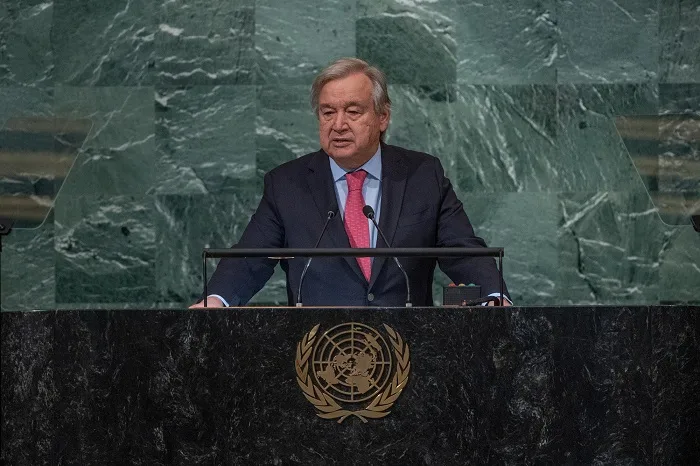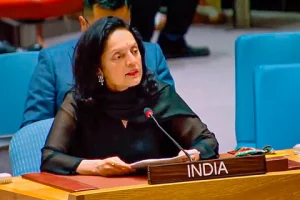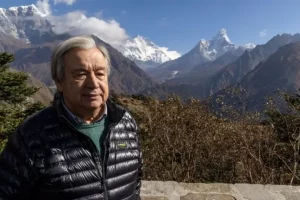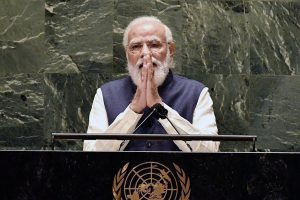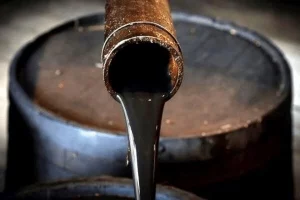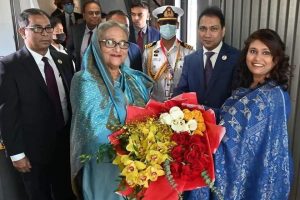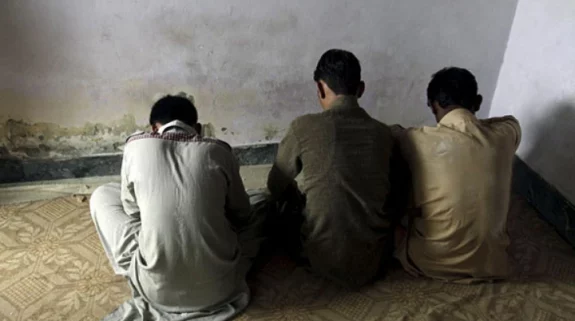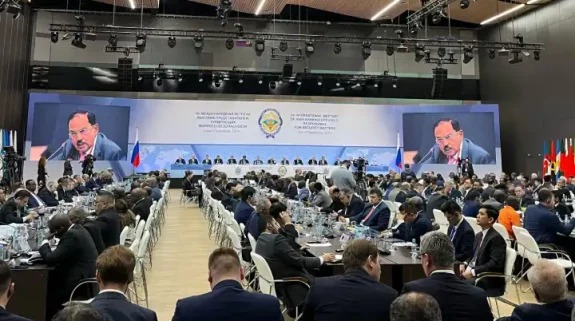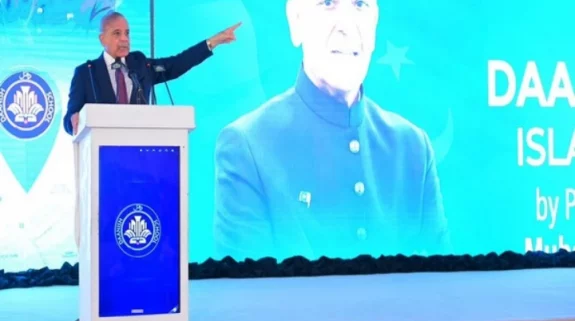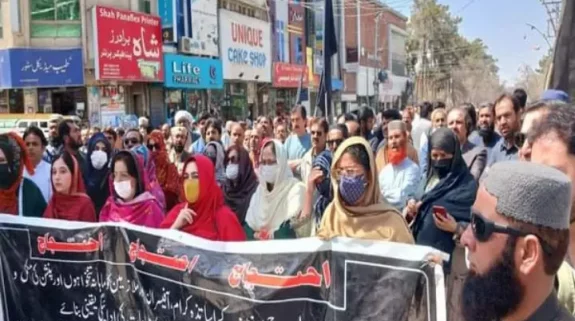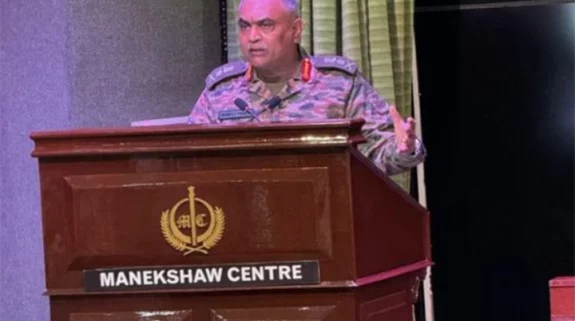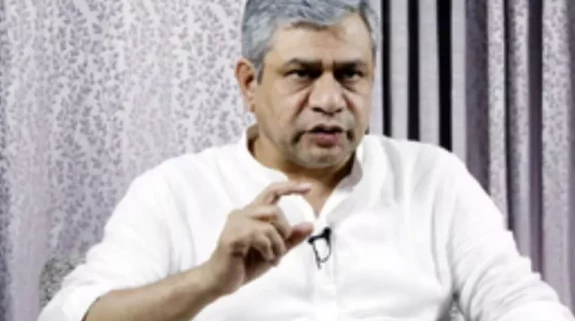Delivering a powerful address to world leaders gathered for the opening day of the General Assembly’s high-level debate on Tuesday, UN Secretary-General Antonio Guterres said: “Our world is in big trouble. Divides are growing deeper; inequalities are growing wider; challenges are spreading father… we need hope… we need action across the board.”
With evocative images of the Brave Commander, one of the vessels that has been carrying tonnes of Ukrainian wheat bound for points in Ethiopia, Yemen and beyond, showing behind him on the walls of the iconic General Assembly Hall, Mr. Guterres said the ship, and the UN-brokered Black Sea Grain Initiative that had launched it were not symbols of conflict and hunger but of hope born of cooperation.
“It sailed the Black Sea with the UN flag flying high and proud… This is multilateral diplomacy in action. Each ship is also carrying one of today’s rarest commodities: Hope,” he stated.
The Secretary-General lamented that our world is in peril and paralyzed by political divides that were undermining the work of the UN Security Council, international law, trust and people’s faith in democratic institutions, and all forms of international cooperation.
Even the various groupings set up outside the multilateral system by some members of the international community have fallen into the trap of geopolitical divides, like the G-20, he added.
Geopolitical gridlock led to no cooperation; no dialogue and no collective problem solving. “But the reality is that we live in a world where the logic of cooperation and dialogue is the only path forward,” said Mr. Guterres, explaining that no power or group alone can call the shots. No major global challenge can be solved by a coalition of the willing. We need a coalition of the world.”
Such a coalition must overcome divisions and act together, starting with strengthening the core mission of the United Nations – achieving and sustaining peace.
He also warned that if the fertilizer market is not stabilized, next year’ the world may face a problem of food shortage. “We already have reports of farmers in West Africa and beyond cultivating fewer crops because of the price and availability of fertilizers,” he pointed out.
“It is essential to continue removing all remaining obstacles to the export of Russian fertilizers and their ingredients, including ammonia. These products are not subject to sanctions – and we are making progress in eliminating indirect effects,” he pointed out.
“Another major concern is the impact of high gas prices on the production of nitrogen fertilizers. This must also be addressed seriously,” he added.
Presenting his Annual Report on the Work of the Organization, the Secretary-General said soberingly: “Let’s have no illusions. We are in rough seas. A winter of global discontent is on the horizon. A cost-of-living crisis is raging. Trust is crumbling. Our planet is burning. People are hurting – with the most vulnerable suffering the most. The United Nations Charter and the ideals it represents are in jeopardy.”
And the while the international community had a duty to act, “we are gridlocked in colossal global dysfunction. The international community is not ready or willing to tackle the big dramatic challenges of our age. These crises threaten the very future of humanity and the fate of our planet.”
Along with the climate emergency and biodiversity loss, and the war in Ukraine, the UN chief said of crises like the dire financial situation of developing countries and the fate of the Sustainable Development Goals (SDGs), “a forest of red flags across a host of new technologies”, rising hate speech and “out of control” digital surveillance, “we don’t have the beginning of a global architecture to deal with any of this.”
Indeed, he said, progress on all these issues and more is being held hostage to geopolitical tensions.
Also Read: France and US praise PM Modi’s ‘now is the time for war to end’ statement on Ukraine






